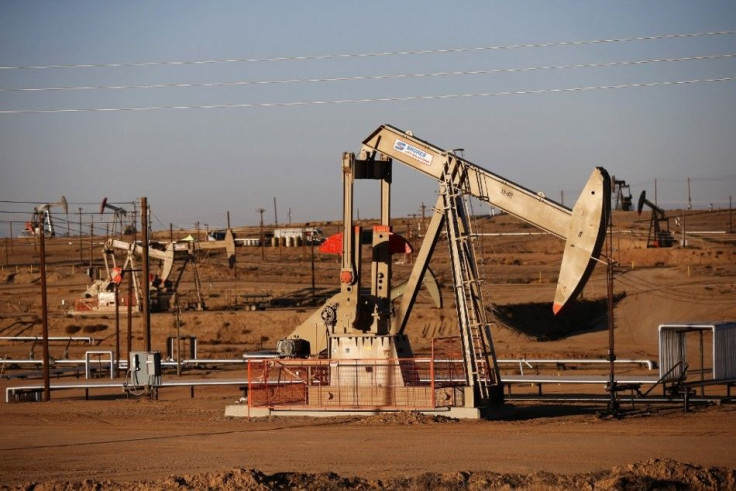Oil Prices May Be Dragging Global Stock Markets Down

Global oil prices have been at their lowest since the severe recession that hit the global markets. Although low oil prices can be good for the countries that import the commodity, prolonged low prices create uncertainties for the future as the oil producing countries may not be able to sustain production at these levels.
The oil prices are currently hovering around $56. The price of the commodity has been falling for the past few days owing to oversupply and OPEC countries' refusal to cut production. According to a report by TheNewYorkTimes oil prices and the Russian ruble are dragging the stock markets down.
The Australian stock market has been falling for the past week along with the Australian dollar. The fundamentals of the economy may be one of the primary reasons for the fall. The decline in the mining industry and the general job market has led to a lot of pessimism in the economy. The uncertainty surrounding the oil prices may have further added to the problem.
The S&P/ASX 200 has been falling in the past few days but was up in early trade. Global markets may stem the falling Australian stock markets. The U.S. S&P 500 Index posted gains in the early trade after opening lower than the previous day's close and there has been a sharp increase in the FTSE 100 as well. But the trades have so far been volatile.
One country that may be bearing the brunt of the lower oil prices is Russia. The country may enter into a recession in early 2015 and the country's currency, the rouble, has been consistently falling. The Central Bank of Russia recently increased interest rates to stop the falling currency, but so far the measures have not been able to have the desired effect.
Russian economy mainly depends on oil exports. A recession in the country may affect the region. Other oil producing countries that do not have sufficient reserves are also concerned about the low oil prices.
The oil countries need higher prices for the commodity not only for their budgets, but the revenues are also used as capital investment to meet future demand of the commodity. Countries like Saudi Arabia however may be in a better position to withstand the low oil prices. Will the Australian stock markets be able to grow despite the low commodity prices prevailing in the global markets?






